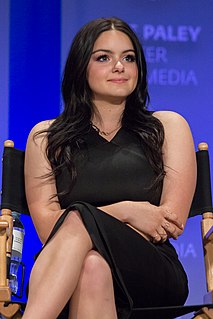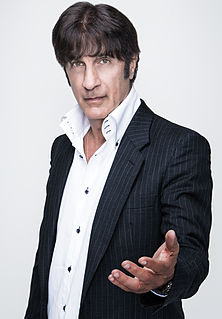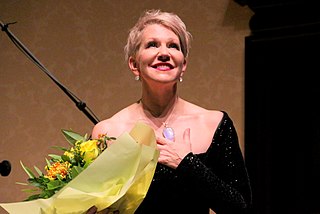A Quote by Jamila Woods
It was through poetry I learned just to appreciate my own voice and to not think of my voice in terms of what it needs to be able to do, but what it can do.
Related Quotes
I would very honestly just tell you that what I tried to do was simply respond to inquiries from people as they came in. Where I've thought I could say something useful, I've tried to add a voice that was, frankly, a dissident voice earlier on, but one that I think has become a more mainstream voice-and not because I've shifted. I think that the critique I had of what was going on in our financial system from six, eight years ago-after seeing some of what we've suffered through and even since the cataclysm itself-in terms of the structural changes.
What has praise and fame to do with poetry? Was not writing poetry a secret transaction, a voice answering a voice? So that all this chatter and praise, and blame and meeting people who admired one and meeting people who did not admire one was as ill suited as could be to the thing itself- a voice answering a voice.
The voice is certainly important and you can hear if it's beautiful or not, it's the gods who decide; it's more a question of what you do with the voice, which is the mysterious element. It's the personality behind the voice which makes the artist. The voice is a gift of God, but if you're not able to use this gift, what's left? Nothing but a beautiful voice, without nuance or color.
I think Freddie Mercury is probably the best of all time in terms of a rock voice. There was a vulnerability to it, his technical ability was amazing, and so much of his personality would come out through his voice. I'm not even a guy to buy Queen records, really, and I still think he's one of the best.
So much of what I love about poetry lies in the vast possibilities of voice, the spectacular range of idiosyncratic flavors that can be embedded in a particular human voice reporting from the field. One beautiful axis of voice is the one that runs between vulnerability and detachment, between 'It hurts to be alive' and 'I can see a million miles from here.' A good poetic voice can do both at once.



































